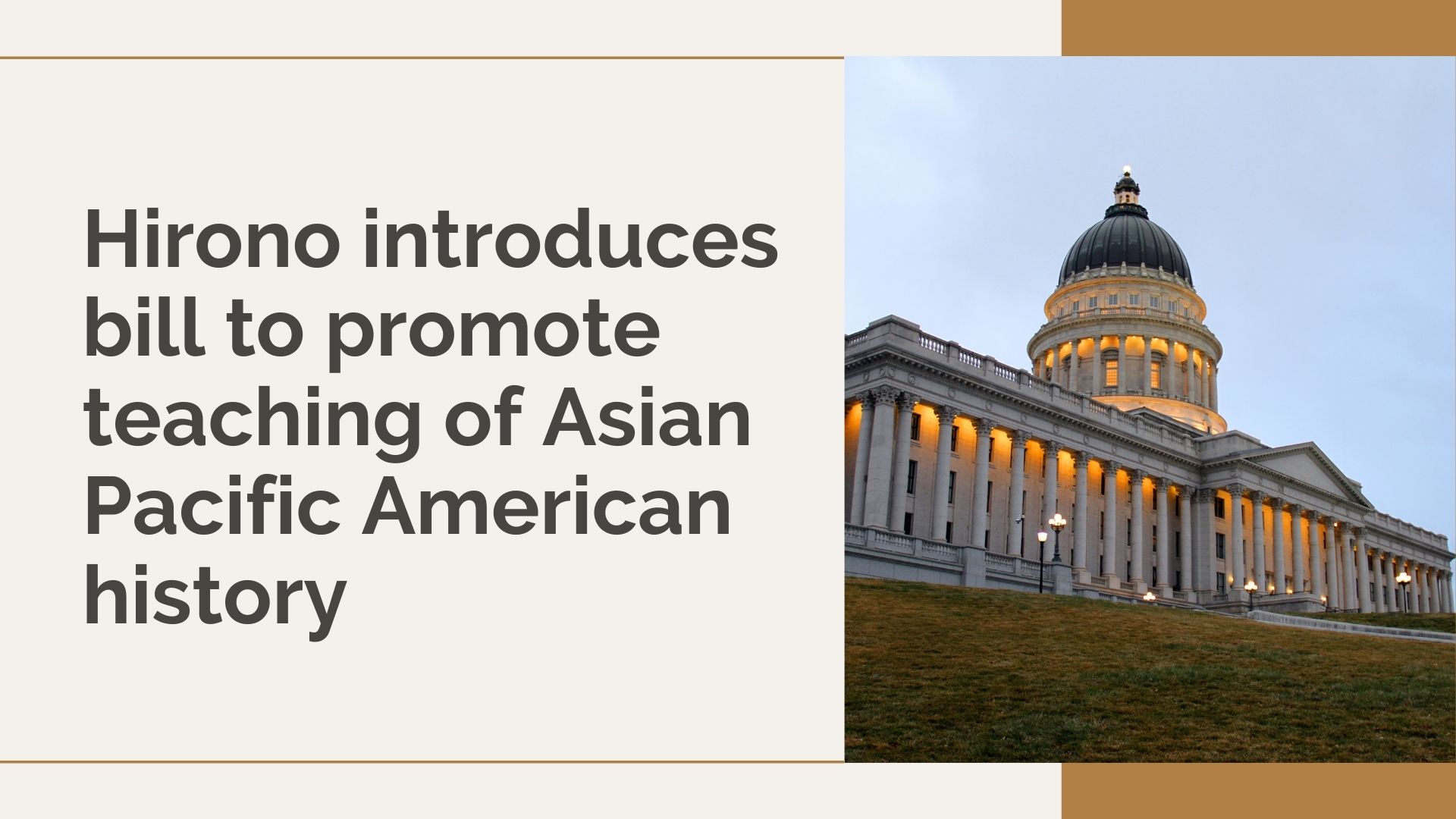Legislation would help combat anti-Asian hate through education
Posted: May 19, 2022
High school students and teachers may soon have the opportunity to learn and teach about Asian Pacific American (APA) history in schools.
U.S. Senator Mazie Hirono (D-HI) led nine of her Senate colleagues in introducing the Teaching Asian Pacific American History Act bicameral legislation Thursday. The proposal would help combat anti-Asian hate by giving teachers and students more opportunities to learn about the significant contributions and history of the Asian and Pacific Islander American (APIA) community in the United States.
Read: Full-text bill | One-page summary of bill
For generations, APIA individuals and communities, including Native Hawaiians, have largely been excluded or erased from American history. The legislation would require non-profits that receive grants through the Department of Education’s American History and Civics Academies—programs that provide workshops to teachers and courses for students—to teach Asian Pacific American history. In turn, high school students could enroll in the non-profit programs, and more K-12 teachers across the country would be encouraged to include APA history in their classrooms.
The Teaching Asian Pacific American History Act:
- Requires the U.S. Department of Education’s (ED) American history and civics programs to include Asian Pacific American (APA) history as part of the Presidential and Congressional Academies for K-12 teachers and students; and
- Promotes collaboration between grantees of ED’s American history and civics programs and the Smithsonian Institution’s Asian Pacific American Center to develop innovative programming for teachers and students.
“When it comes to teaching Asian and Pacific American history in public schools, our communities are rarely—if ever—mentioned,” Hirono said. “Given the rise in anti-Asian hate crimes, it is more critical than ever before that we accurately portray the many achievements and contributions of our communities, as well as the racism and prejudice that APIAs have endured for decades in schools across the country.
“We have a long way to go—but this bill is a step toward making APA history part of the conversation,” Hirono added.
In addition to Hirono, the Teaching Asian Pacific American History Act is cosponsored by Senators Cory Booker (D-NJ), Tammy Duckworth (D-IL), Dianne Feinstein (D-CA), Amy Klobuchar (D-MN), Ben Ray Luján (D-NM), Alex Padilla (D-CA), Tina Smith (D-MN), Elizabeth Warren (D-MA), and Jacky Rosen (D-NV).
Representative Grace Meng (D-NY) introduced the House companion of this bill, H.R. 2283, last May.
“For generations, Asian Pacific American history has been poorly represented in our K-12 education system and social studies textbooks, and it’s time for that to change,” said Meng. “Asian Pacific American history is American history, and when we fail to tell our children these stories, we lose a rich and nuanced perspective on our American story.”
Hirono has long advocated for APIA communities in Hawaii, the United States, and Pacific Island nations and territories. To address the rise in anti-Asian hate crimes and violence during the heart of the pandemic, Hirono introduced the COVID-19 Hates Crimes Act—bipartisan, bicameral legislation that was signed into law by President Joe Biden on May 20, 2021.
For the last several years, Senator Hirono has led the Senate resolution recognizing May as Asian Pacific American Heritage Month. She also serves as an executive board member on the Congressional Asian Pacific American Caucus (CAPAC). Additionally, Hirono is a longstanding champion of programs to support Hawaii’s indigenous, Native Hawaiian community, especially in education, health, and housing.

